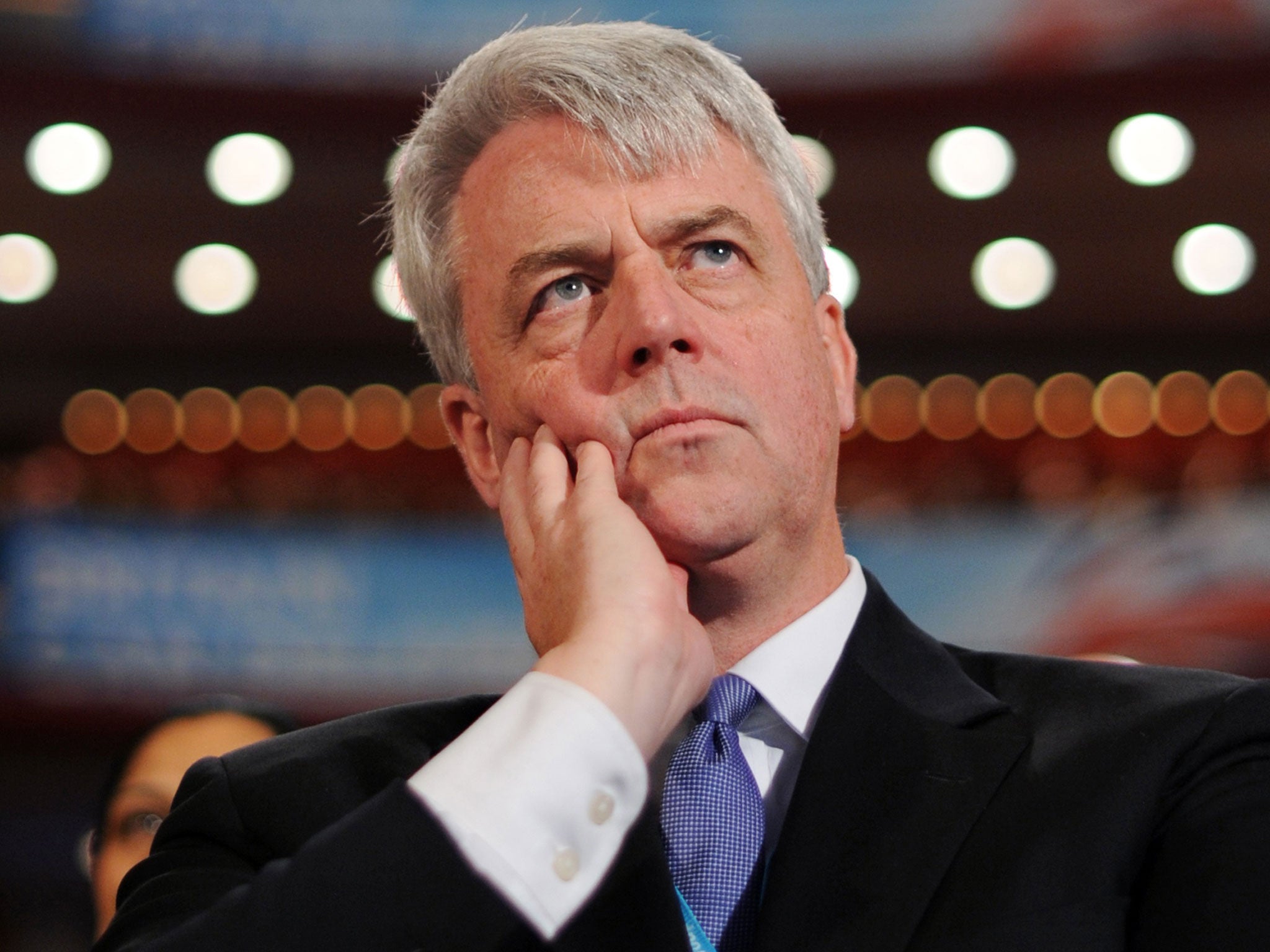If Andrew Lansley was a doctor, he would be facing disciplinary action for his impact on patient care
The NHS is steadily being driven blindfolded to a US-style insurance-based scheme, divorced from high quality treatment

This article, jointly written by JS Bamrah and Kailash Chand OBE, is part of our State of the NHS series.
As a GP and ex-Chair of a primary care trust and as a practising consultant psychiatrist, we collectively have a lifetime of experience with the NHS. We have been through numerous meaningless structural changes, but never before have we witnessed such an assault on the values of the founding principles of the NHS as in last two years.
Lansley's reforms, which were universally opposed, were sold as championing three issues: patients at the centre of the NHS, changing the emphasis from targets to clinical outcomes, and empowering health professionals (in particular GPs).
In practice, this turned out to be an illusory empowerment for GPs and patients, as we had warned at the time. If Lansley was a doctor he would have been referred to the General Medical Council for affecting patient care on such a mass scale, and if the politicians live up to owning the truth then he should be hauled in front of parliament to face some form of disciplinary action.
In what was a sham consultation on the NHS Bill, the Coalition government blatantly ignored the unequivocal and sometimes vociferous lobby of those opposed to such a massive reorganisation.
These included the BMA, the BMJ, King’s Fund, RCN, NHS Confederation, Patients’ Associations, trade unions such as Unison and Unite, the HSJ, Nursing Times, the Community Practitioners and Health Visitors’ Association, and many others.
You would have thought that the penny might have dropped when the previous CEO to the NHS, Sir David Nicholson, said that the reforms were so wide reaching they could be seen from outer space.
The reforms were predicted to be like a slow train crash at the time, and indeed that has been proven to be the case. The "new" NHS is now more fragmented than ever before. It has no primacy over provision, and money is squandered over lost causes such as procurement of contracts and fighting competition from within.
Outside of the NHS, trolley waits in A&E have trebled in the last three years, timely access to primary care has become difficult in many areas, and the reform itself has been a wasteful financial exercise with estimates of £3bn being very conservative indeed.
The morale of the NHS family is at rock bottom. Their pay has been frozen for two years under the coalition, and they have been forced to accept a major downgrading of their pension benefits. Freezing and squeezing pay is heaping financial misery on more than one million NHS workers.
One intended consequence of the reforms was to increase the plurality of provision, in particular the introduction of market philosophy, so that private providers could be enticed to take a cake of the NHS services. This would mean public and private providers could compete against one another, not on the basis of quality, but efficiency savings, which is a euphemism now for a cut in costs.
Success in winning a contract is largely based on competitive tendering, with the unlikelihood of an organisation being successful on the basis of increasing the costs even with improved quality of care being on offer. There has been a proliferation of small or large providers in the NHS in the last two or three years. The Coalition has undoubtedly achieved that aim, but to the detriment of the NHS as a whole. The other winners in this revolutionary reform are change and management consultants.
We sincerely believe it will be a completely different healthcare system in five years time – one which will be much worse in terms of access, equity, health outcomes and cost. The NHS has already simply become a logo which can be brandished on a transport vehicle or a clinic even though the incumbents might be a shareholder in a plc.
This NHS plc will increasingly draw on public funds to line the pockets of wealthy venture capitalists or multinationals. Once the envy of the world, the NHS is already showing signs of cash fatigue, fragmentation and disintegration with no-one accepting or being able to accept responsibility and indeed with chaos at the top of the organisation and no ownership of who the buck should stop with.
In this train crash analogy, we are steadily being driven blindfolded to a US-style insurance-based scheme, divorced from high quality, safe care.
Jeremy Hunt is already distancing himself from the Times report. In an interview with Radio 4’s Today programme he has been justifying Lansley’s reforms and peddling untruths about how the NHS has improved as a result of the reforms, and saved over £6bn so far.
It is this schism that gives one very little confidence that the Coalition knows what its talking about or that the NHS is safe in its hands.
Join our commenting forum
Join thought-provoking conversations, follow other Independent readers and see their replies
Comments